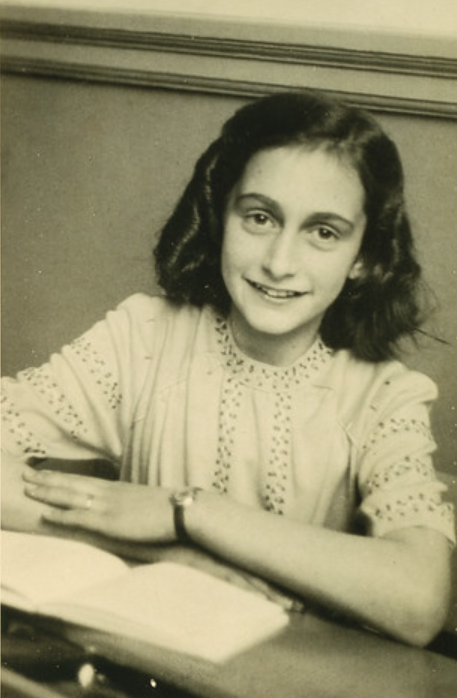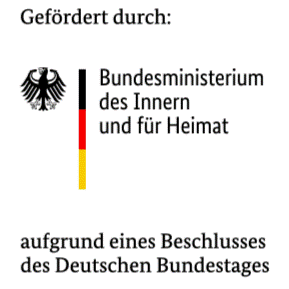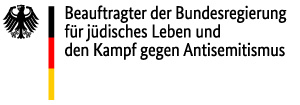Anne Frank
(born 1929 in Frankfurt/Main – died 1945 in Bergen-Belsen concentration camp)
"How wonderful it is that no one has to wait a minute to start slowly changing the world! How wonderful it is that everyone, big or small, can directly do their part to bring about and bestow justice!"*
Anne Frank was born as one of two daughters into a German-Jewish family. Her parents were followers of German Reform Judaism; the children grew up in Frankfurt in a pluralistic environment. Linguistically gifted, Anne developed the desire to become a writer at an early age. Immediately following the National Socialists’ rise to power in January 1933, Anne’s father realised that the family had no future in Germany; as a result, the Franks went into exile in Amsterdam. After the Nazis occupied the Netherlands, Anne lived with her family and four other victims of persecution hidden in a secret annex in Amsterdam. Here, she put her thoughts and experiences on paper in diary form. After two years in very confined quarters, an anonymous tip-off led to the Gestapo discovering the hiding place. Anne, who had just turned 15, was initilally deported to Auschwitz, barely surviving the selection process—all children under the age of 15 were gassed immediately upon arrival. With the Red Army was drawing ever closer, the Nazis decided to evacuate Auschwitz. Many of the remaining prisoners were deported to the Bergen-Belsen concentration camp. There, shortly before the end of the war and only a few weeks before its liberation by British troops, Anne was murdered. Anne Frank did not live to see her recognition as an author: her diary, written between 1942 and 1944, is now one of the best-known books in the world.
*Frank, A., Geschichten und Ereignisse aus dem Hinterhaus (Eng. publication title:
Tales from the Secret Annex), Frankfurt/Main. 1960.






